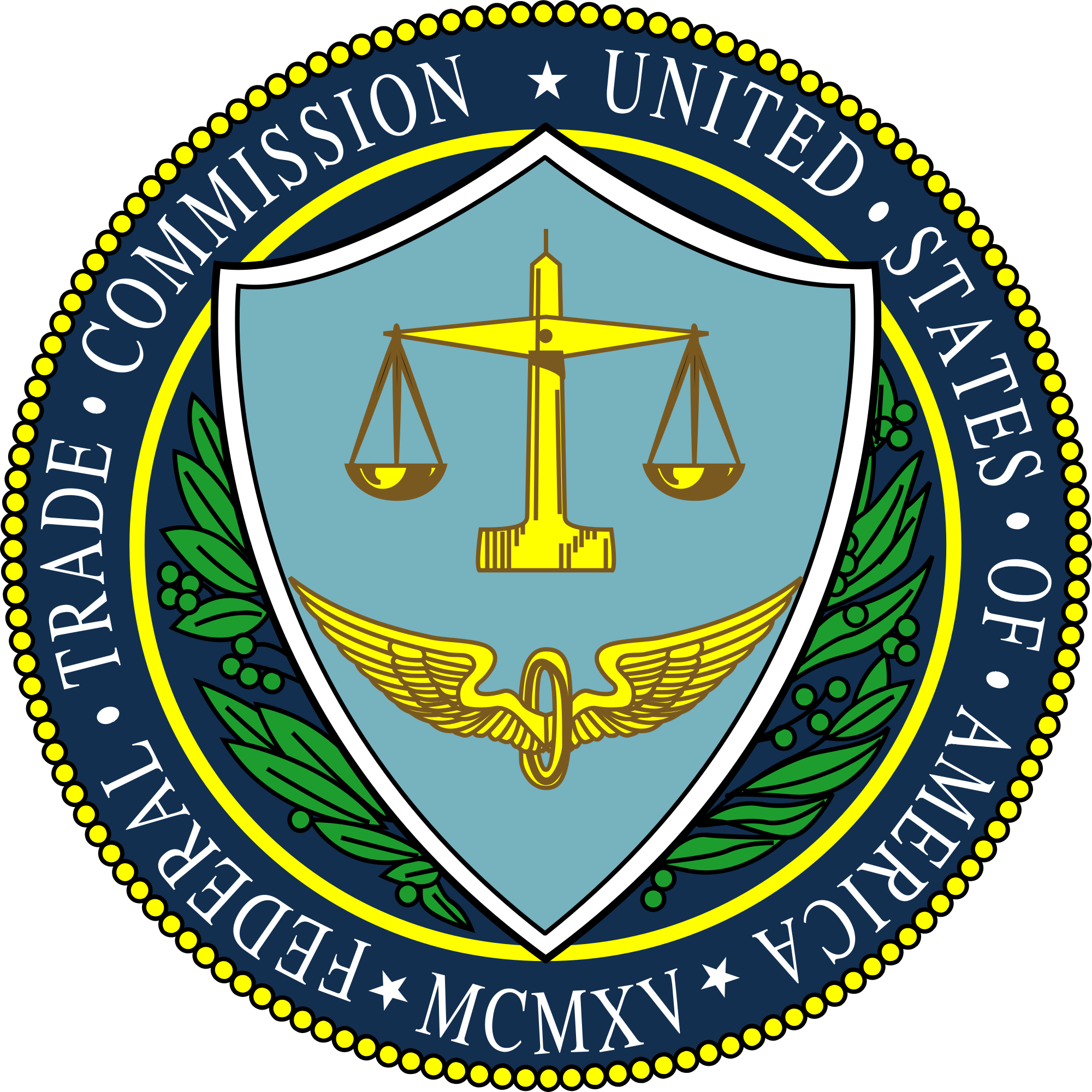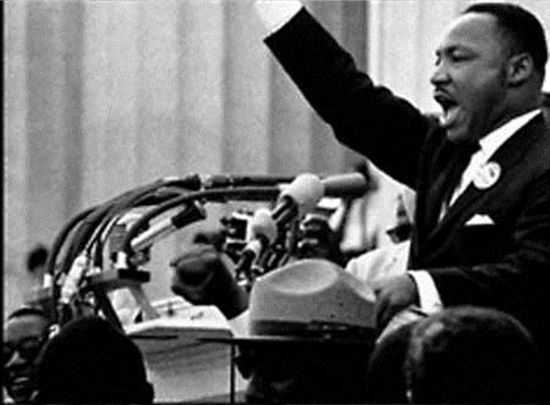
Early 1900's large businesses and corporations aided the United States for economic reasons by gave little thought to the American people, especially those working for them. Workers in cities suffered grueling conditions, long hours and little pay. Often times, instead of working toward an education, children would be working day and night in factories, mills, and farms in order to bring in an additional profit for their family, even if just a small one. Problems in the workforce were worsened for young children as they did not have labor laws to protect their rights and they were often hired solely because they could fit into small, dangerous spaces and they could be paid less. his is where Lewis Hines came in, as his pictures of child workers horrified the public and caused action to be required. The Keating-Owen Act came very soon after, which banned the sale of products from places employing children under fourteen and from places with dangerous conditions that employ children under sixteen. The act was passed by congress and enforced by president Wilson, but was declared unconstitutional by the Supreme Court a few years later.

The Fair Labor Standards Act (FLSA) establishes minimum wage, overtime pay, recordkeeping, and child labor standards affecting full-time and part-time workers in the private sector and in Federal, State, and local governments.
The Fair Labor Standards Act (FLSA) establishes minimum wage, overtime pay, recordkeeping, and child labor standards affecting full-time and part-time workers in the private sector and in Federal, State, and local governments.

 Clayton Antitrust Act. Clayton Antitrust Act, 1914, passed by the U.S. Congress as an amendment to clarify and supplement the Sherman Antitrust Act of 1890.The Clayton Anti-trust Act made monopolies basing their price on consumers illegal because it stated that businesses and corporations could no longer have different prices for different consumers. Compared to the Sherman Anti-Trust Act, the Clayton Anti-Trust Act was more powerful and was able to put down many more trusts and monopolies than the Sherman Anti-Trust Act did. It also states that a company can't offer a sale or price deduction if a company buys from them instead of a competitor. Finally the Clayton Anti-Trust Act regulates the sale of stocks imposing limits on how much stock a company can have of a competitor or another company.
Clayton Antitrust Act. Clayton Antitrust Act, 1914, passed by the U.S. Congress as an amendment to clarify and supplement the Sherman Antitrust Act of 1890.The Clayton Anti-trust Act made monopolies basing their price on consumers illegal because it stated that businesses and corporations could no longer have different prices for different consumers. Compared to the Sherman Anti-Trust Act, the Clayton Anti-Trust Act was more powerful and was able to put down many more trusts and monopolies than the Sherman Anti-Trust Act did. It also states that a company can't offer a sale or price deduction if a company buys from them instead of a competitor. Finally the Clayton Anti-Trust Act regulates the sale of stocks imposing limits on how much stock a company can have of a competitor or another company. 
